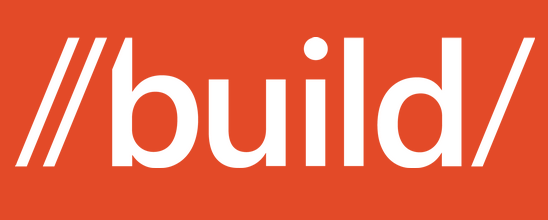Microsoft’s heavy schedule of launches and events this month, including the Windows 8 and Surface events in New York last week and its Windows Phone 8 event in San Francisco on Monday, is set to reach its end with the Build developer conference on the company’s huge Redmond, WA campus starting on Tuesday. In some way, this is almost symbolic, given that the future of the Windows 8 platform is now really in the hands of the developers.
So far, the number of great apps for the new Windows user interface and Windows RT is somewhat underwhelming. Some marquee apps like Hulu Plus, Netflix, Angry Birds, Box, Skype and others arrived just ahead of the Windows 8 launch last week, but there are still no good Twitter and Facebook clients for Windows 8, for example. The number of productivity apps, a category Microsoft is especially interested in, is also still lacking. Given that the Surface can only run Windows Store app (though not all of them), it’s imperative for Microsoft to get more developers on board with its new OS.
Build is obviously the main event for Microsoft to evangelize its new OS to developers. We don’t know if Microsoft plans to make any major Windows 8 and Windows Phone 8 announcements at the event, but to create a large enough space for its keynotes, the company put up one of the world’s largest tents on its campus (feel free to insert your own revival meeting jokes here).
The four-day long event sold out in about an hour, so despite the relatively empty Windows Store, there is clearly a lot of demand from developers who want to learn more about Microsoft’s new platform. And Build isn’t Microsoft’s only developer event in the next few weeks. The company is also hosting a worldwide hackathon in early November.
When I talked to Microsoft’s Antoine Leblond last week, he argued that more developers will come on board once they see the new hardware from Microsoft and all of its partners (and I wouldn’t be surprised if Microsoft gave a Surface tablet – and a Windows phone – to all Build attendees). The reviews for Microsoft’s own Surface tablet, however, have been pretty mediocre, though it’s worth noting that most of the reviewers cited the lack of apps – and not the hardware itself – as one of the reasons they didn’t enjoy the experience.
It’s worth noting that it’s not just Microsoft that depends on this. There is a whole ecosystem of Microsoft partners who are ready to launch their own Windows 8 and Windows RT tablets, convertibles and touch-enabled traditional laptops, too. Some of them have also launched their own developer initiatives, but while Dell, Lenovo, AMD, Intel, Nvidia, Qualcomm and all the other partners have something to lose, Microsoft is betting much of its future on the new OS.
We will be at Build in Redmond next week, so stay tuned to hear quite a bit more about the future of Windows and how developers are thinking about the new platform.
